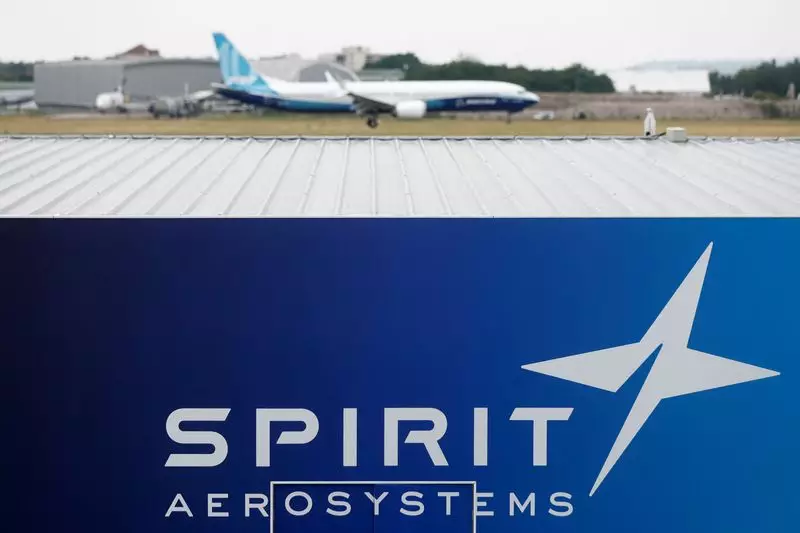Boeing has announced its decision to acquire Spirit AeroSystems in a $4.7 billion all-stock deal after months of negotiations. The total deal value, including debt, amounts to approximately $8.3 billion. This move comes amidst a corporate and industrial crisis that has impacted both Boeing and Spirit AeroSystems.
Under the terms of the acquisition, each share of Spirit common stock will be exchanged for between 0.18 and 0.25 Boeing shares, translating to an equity value of around $37.25 per share. This represents a premium compared to Spirit’s closing share price of $32.87 on Friday. Additionally, Airbus, another customer of Spirit AeroSystems, has agreed to take over core activities at four of the supplier’s plants in various locations.
The decision by Boeing to acquire Spirit AeroSystems has prompted Airbus to reevaluate its relationship with the supplier. As a result, Airbus will be taking over certain activities at Spirit’s plants, with a focus on strategic parts for the A350 and A220 jets. This shift in ownership has financial implications, with Airbus set to receive $559 million in compensation from Spirit.
In light of the acquisition, Spirit AeroSystems has outlined plans to divest some of its businesses and operations that do not align with Airbus programs. This includes selling operations in Prestwick, Scotland, and in Subang, Malaysia, as well as operations in Belfast, Northern Ireland. These strategic moves are aimed at streamlining the company’s operations and focusing on core business areas.
Boeing anticipates that the acquisition of Spirit AeroSystems will be finalized by mid-2025. This timeline allows for the necessary regulatory approvals and integration processes to be completed smoothly. Both Boeing and Spirit AeroSystems are expected to work collaboratively to ensure a seamless transition and capitalize on the synergies created by this deal.
Boeing’s acquisition of Spirit AeroSystems marks a significant development in the aerospace industry. The deal not only addresses the challenges faced by both companies but also has broader implications for their customers and competitors. As the industry continues to evolve, it will be essential for stakeholders to closely monitor the outcomes of this acquisition and adapt their strategies accordingly.


Leave a Reply